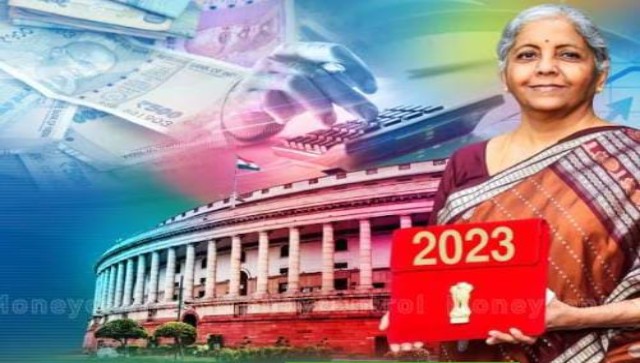Given India’s widespread demographic dividend coupled with the pandemic-led economic impact over the past 2-3 years, the focus has now shifted to growth. This spurs provision for bullish investment sentiment and an opportunity to capitalize on. With this context and the Reserve Bank of India’s (RBI) monetary tightening actions to curb inflation; the theme for Union Budget 2023 is expected to revolve around growth, recovery, and support (in that order). Measures likely to boost consumption The government is expected to take steps to achieve its target of $5 trillion over the next couple of years; implying impetus to measures that boost consumption. In view of the rising rates and the government’s agenda to push housing for all, there is a high probability of Standard Operating Procedures (SOPs) for home buyers being announced in the upcoming Budget. Government initiatives like extending tax benefits for first-time home buyers, and sops for developers engaged in affordable housing projects– both affordable and rental housing segments, will give the sector a boost and help propel the Indian economy. Consider redefining affordable housing criteria We expect an increase in the deduction limit of Rs 2 lakh against the interest payment on home loans under Section 24 of the Income Tax Act. The deduction allowed for the home buyers in the affordable housing sector could be higher versus the buyers in the prime segment. This would benefit home buyers and add momentum to the housing demand, particularly in the affordable segment. Affordable housing is defined basis size, price, and income level. The government could consider redefining the affordable housing criteria basis regional parameters. While the size of units as per its definition (60 sq. m. carpet area) is appropriate, the price of units (up to Rs 45 lakh) is not viable across most cities and hence one could expect some revision on this count. For the rental housing segment, we expect the Rental Housing Policy to be finalized as it will be a game-changer to spur rental housing in achieving the target of housing for all. Here is a wish list for NBFCs: 1. Lowering limit for invoking the Securitization and Reconstruction of Financial Assets and Enforcement of Security Interest (SARFAESI) Act: Currently SARFAESI is not applicable to NBFCs with assets under management less than 100 crore. To bring NBFCs at par with banks and housing finance companies (HFCs), there is a need to lower the limit for invoking the SARFAESI Act. Currently, smaller NBFCs are pushed to take the cumbersome and lengthy legal proceedings to enforce the collateral. A reduction in this limit would not only give impetus for growth to the sector but also support The Reserve Bank of India’s philosophy of forming natural regulations. Additionally, NBFCs are allowed to use SARFAESI law for a minimum loan size of Rs 20 lakh. A reduction in the applicable loan limit under SARFAESI Act 2002 to Rs 10 lakh from Rs 20 lakh will help scale up the disbursement and recovery of small ticket loans.
- Liquidity support system for NBFCs: Keeping in view the need to propel growth and drive NBFCs’ role in financial inclusion and job creation, the Government in consultation with the Reserve Bank of India (RBI) could create a liquidity support system for NBFCs. Currently, Banks and Housing Finance Companies have an active liquidity support system through support from RBI and National Housing Bank respectively.
- Ease of doing business: The upcoming Budget could include measures that simplify the conditions under the co-lending model including some changes and liberalization to the existing ‘first loan default guarantee’ (FLDG) model which is under examination with RBI. FLDG is an arrangement between a fintech/sourcing company and a regulated entity (RE), including banks and non-banking finance companies, where the fintech/sourcing companies need to compensate the RE in case a borrower defaults. One could also expect assistance from the government towards promoting online/offline partnerships and a more level playing field for players across the value chain. Lastly, liberalization of the tax regime for the fintech sector could also be on the cards to give an impetus to governments’ agenda of accelerating financial inclusion.
The writer is Chief Financial Officer, Vastu Housing Finance (@vastuhfc) – digital-first housing finance company. Views expressed are personal Read all the Latest News , Trending News , Cricket News , Bollywood News , India News and Entertainment News here. Follow us on Facebook, Twitter and Instagram.


)

)
)
)
)
)
)
)
)



